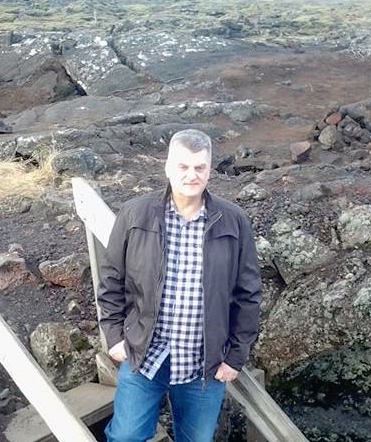by Don Kennedy, PhD, PMP, FASEM

The Bhagavad Gita (or the "Song of God") is an ancient Hindu text that I do not claim to be an expert in. That said, it is my understanding that one of the lessons in the work is that "action is greater than inaction." I would like to use that concept to highlight some less than optimal behaviors I have seen in managers at all levels.
First however, an example from school. I knew a person, I will call Dave, that had a major project due. The policy for the assignment was a 10% deduction from the mark for each day late. On the due date, Dave decided that he was not happy with the work and he did not want the professor to think that was his best work. He decided that it was better to lose 10% and take an extra day to polish it up. It might actually get 10% more and make up for the deduction for being late. You can see where this is going until enough days passed that Dave decided that it was better to not hand in anything than to explain why he was handing in something so late that it could potentially be worth no marks anyway. At that point, I did ask Dave what he thought was better than handing in nothing? Handing in “anything!”
I have an old Project Management textbook that says the most important trait of a good project manager is the desire to complete tasks. I searched for such an expression in recent works and did not find that same clarity.
Too many times I have seen managers paralyzed by the fear of making a decision that is not the best one. One startup company I was involved in went bankrupt even though the product sure seemed to be a winner but after expending a lot of resources to reach a certain point, the senior executives debated how to roll it out. They had a working concept but then 5 years passed without turning it into a commercially viable operation. Some of the executives said they only had one shot at doing it, so they had to make sure it was right. A fear of competition resulted in a lot of legal fees on patent protection and corporate structuring to mitigate the impact of claims resulting from some perceived risk events. Pushing the product out the door fast and making the competition play catch up had risks but the chance of success was greater than not ever producing anything. Some related side businesses of the proposed plan produced commodities that were at a peak in their demand and price cycle. In the years that nothing was accomplished the price of these products were near the cost of production and the venture lost much of its appeal during this time of lost opportunity. The company is currently only a shell trying to raise new capital to try again.
In many supply-chain situations, extra lead time in ordering can create significant savings. To delay procurement due to a sense of insecurity in making a decision can change the plan to one of having to pay extra to expedite the purchase to meet the crashed schedule.
Often the rewards of action far outweigh the risks of inaction. I offer this as something for you to consider.
About the Author
 Dr. Don Kennedy has been a regular attendee of the ASEM conference since 1999, with particularly good participation at the informal late evening "discussions" (sometimes making it difficult to get to the morning plenaries). He has spent much of his time working on large construction projects in remote areas, lecturing at a few universities, and recently had a go as Director of Engineering in R&D. More to come at the IAC Conference. Don Kennedy is the President of The International Engineers Conference on Ethics and a Fellow of ASEM.
Dr. Don Kennedy has been a regular attendee of the ASEM conference since 1999, with particularly good participation at the informal late evening "discussions" (sometimes making it difficult to get to the morning plenaries). He has spent much of his time working on large construction projects in remote areas, lecturing at a few universities, and recently had a go as Director of Engineering in R&D. More to come at the IAC Conference. Don Kennedy is the President of The International Engineers Conference on Ethics and a Fellow of ASEM.
